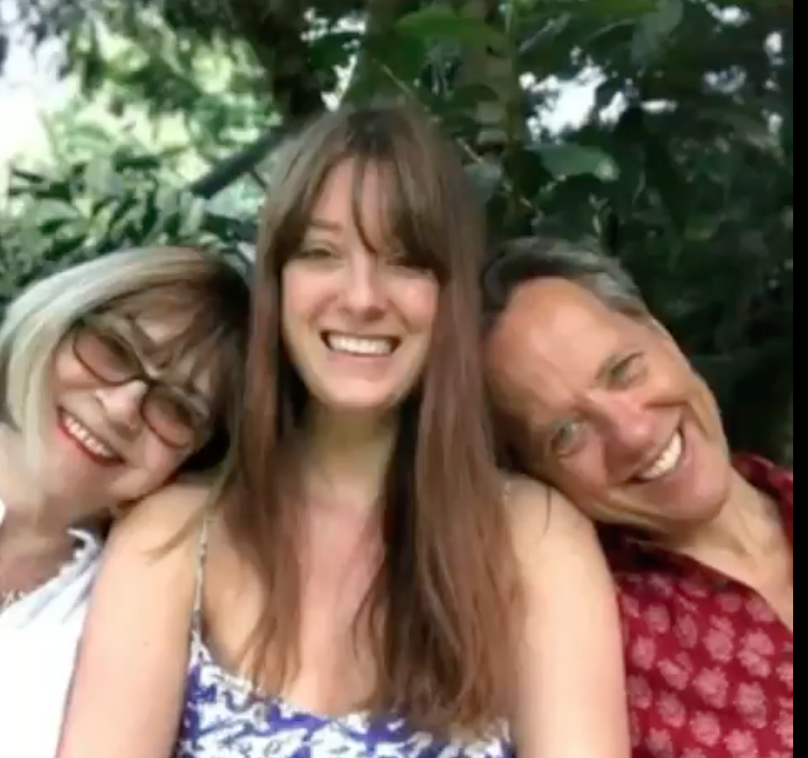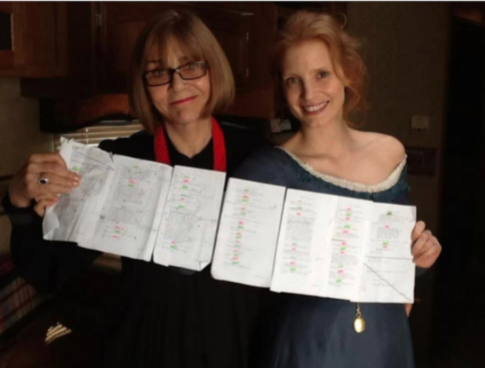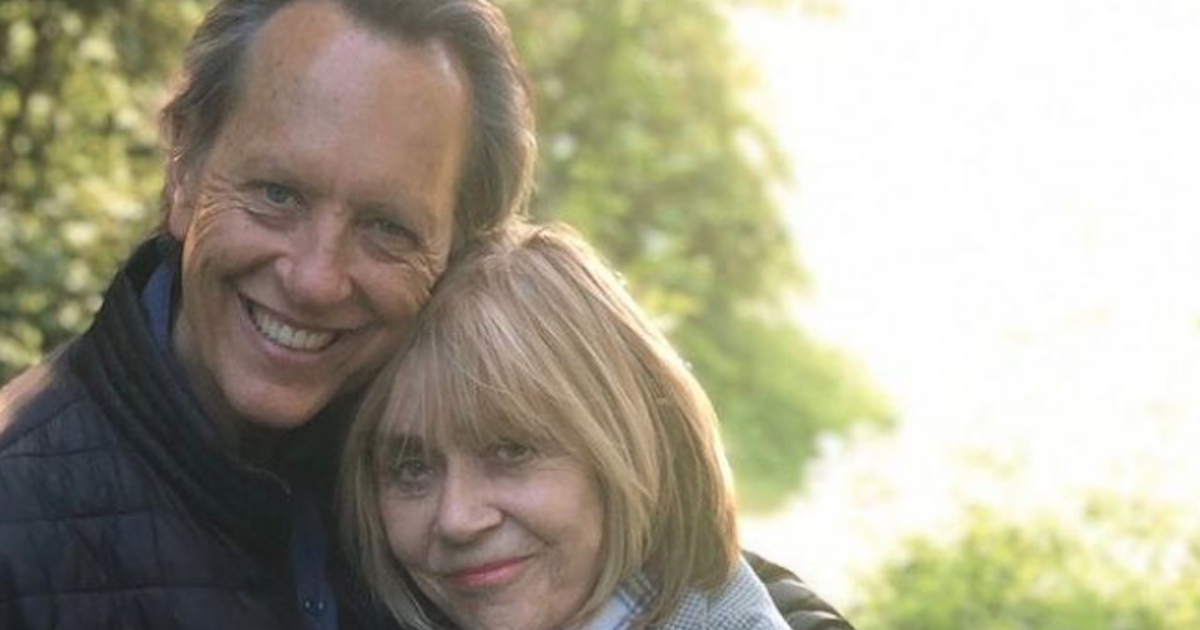A Heartfelt Tribute
- Actor Richard Grant lost his wife Joan Washington to stage IV lung cancer, and in a touching tribute published in The Daily Mail he recalls how she called out Prince Charles during a bedside visit in her final days.
- “Prince Charles came to see ‘The Colonel’ last month, sat beside her, took her hand and said, ‘It’s been an absolute honour to have known you, Joan’ to which she instantly quipped, ‘I’m STILL here,'” writes Grant
- Actress Jessica Chastain also paid tribute to Washington, who was diagnosed with stage IV lung cancer just a few days before Christmas and passed away after just eight months.
Grant, who received an Academy Award nod for his work in the 2019 films Can You Ever Forgive Me? and has also appeared in Star Wars: The Rise of Skywalker, Gosford Park and About Time, pays tribute to his wife Joan Washington in a piece published by The Daily Mail.
Read More
That immediately “broke the ice and made all three of us cackle,” wrote Grant, who then explains: “Astonishingly, unlike me, [my wife’s] never been star struck and possessed the innate gift of speaking to everyone of any age or status as her equal.”
Grant writes that he met his wife in 1982 when he begged her to take him on as a client, hoping to get rid of his accent after growing up in Swaziland.
She agreed, and after woking with Richard E. Grant went on to coach Emma Stone, Anne Hathaway and Jessica Chastain.
“My heart is broken. Joan Washington had such a profound impact on me, yes as an artist, but mostly as a woman. I've looked toward her. Her strive towards excellence made her the celebrated dialect coach she was,” wrote Chastain on Twitter after Washington passed away on September 3.
“Every day, I was excited to go to work and giggle with Joan. She was a barometer of truth with a wicked sense of humor. I loved her very much.”

Grant, 64, touchingly recalls the first time he visited Washington at her home.
“Joan and I continued eating and yakking, and I somehow managed to miss the midnight Tube back to my bedsit in Notting Hill from Richmond and so began our conversation which continued and lasted 38 years long, finally ending at 7.30 last Thursday evening, holding each other’s hands, telling her how much I loved her,” writes the actor. “Unaware that her next inhalation would be her earthly last.”
He reveals that Washington was diagnosed with stage IV lung cancer just a few days before Christmas, passing away just eight months later.
In addition to Grant, she leaves behind the couple’s daughter Olvia and a son Tom from a previous relationship.
“Our loss is incalculable. Your love is immeasurable. The depth of our grief is mirrored by the magnitude of our love,” writes Grant to close out his tribute. “Goodbye, Monkee-mine. Do not forget us.”
Cancer Caregivers Like Richard E. Grant Need to Care For Themselves to Give Optimal Care
Cancer often impacts every family member, and caretakers like Richard E. Grant, who care for cancer patients, face their own set of challenges. "Caregiving is the most important job in the universe, because you are there through the highs and lows," Julie Bulger, manager of patient and family-centered care at Vanderbilt-Ingram Cancer Center in Nashville previously toldSurvivorNet. "You are there to support your loved one, to manage all of the daily tasks as everything is changing in your life."
Cancer Caregivers Need to Care For Themselves
Caregiver burnout the stress, anger, fatigue, and illness that can come from putting another person's needs ahead of your own is real. It can sneak up on you if you don't take care of yourself. "It is important to have some things that you can do outside of the focus of caring for somebody that you love with cancer," said Bulger.
She suggested that you take a walk. Get a massage. Visit a support group for cancer caregivers, either online or in person. And see a therapist if you're struggling to cope with all of your new responsibilities. Joining a support group and building your support team is often an essential strategy and can help prevent or reduce the risk of caregiver burnout.
Know that you are doing vital work, and appreciate yourself for it. "There’s so much evidence that outcomes are better when somebody has an incredible caregiver by their side," explained Bulger. Research also finds that caregivers who take good care of themselves provide the best quality of care. "So you are helping your loved one in more ways than you know."
Lung Cancer Warriors Should Watch The Human Race
Learn more about SurvivorNet's rigorous medical review process.


